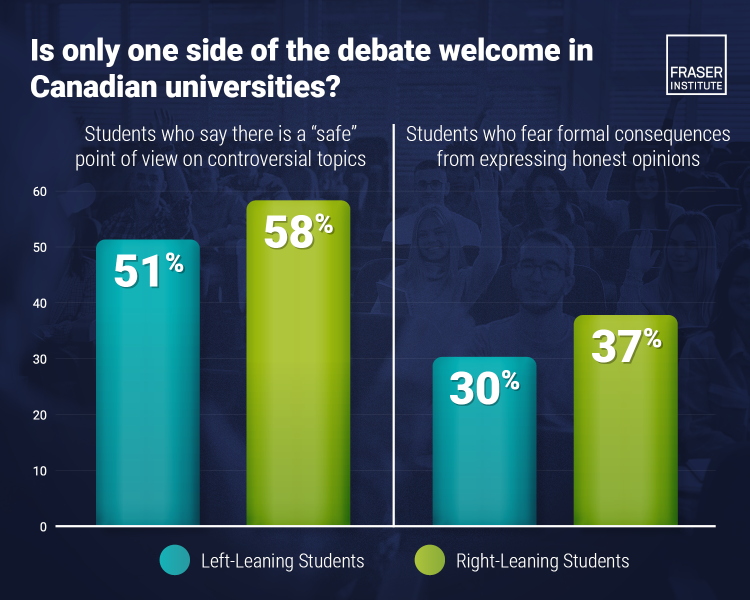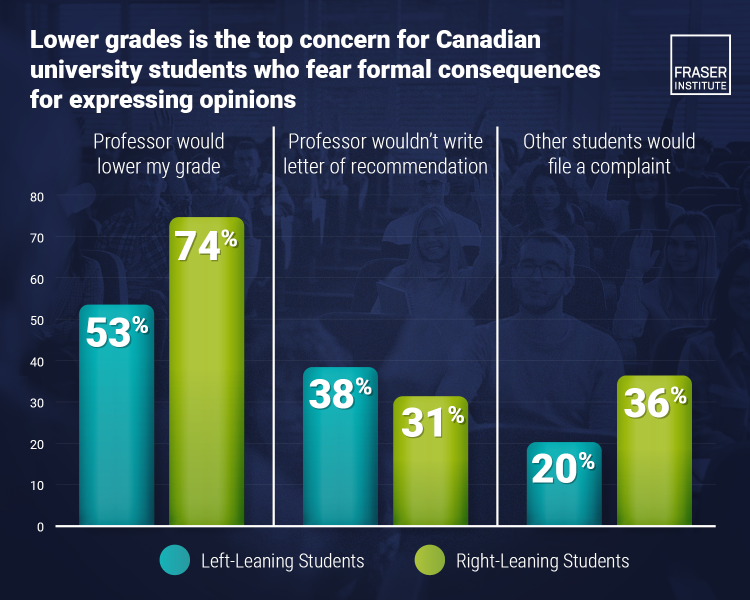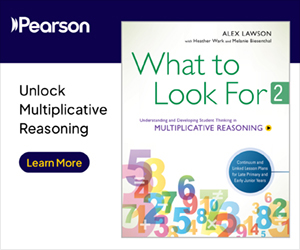As university students across Canada head back to campuses, a new Leger poll, commissioned for the Fraser Institute, shows 37 per cent of self-described right-leaning students and even 30 per cent of self-described left-leaning students fear formal consequences including lower grades if they express a viewpoint in class that conflicts with what is considered the "safe" stance on controversial topics.
"When students attend university, it is assumed that they will encounter a broad array of opinions, and that differing views will be discussed, contested and debated openly. But that's not happening at campuses across Canada, according to the students themselves," said Matthew D. Mitchell, senior fellow with the Fraser Institute and co-author of Canadian Students Are Getting a One-Sided University Education.

The study, based on the new Leger poll commissioned by the Fraser Institute, finds:
- 58 per cent of right-leaning students and 51 per cent of left-leaning students believe that there is a "safe" political view on controversial topics discussed in university classes.
- 37 per cent of right-leaning students, 33 per cent of centre-leaning students and 30 per cent of left-leaning students fear experiencing formal consequences including having their grades lowered for expressing honest views during class discussions.
- 40 per cent of right-leaning students and 35 per cent of left-leaning students feel constrained in being able to ask questions, offer unconventional thoughts, or challenge current norms on controversial issues.
- 50 per cent of right-leaning students and 36 per cent of left-leaning students said they felt uncomfortable expressing their honest opinions based on the political views of their professor.
- And 85 per cent of right-leaning students and even 45 per cent of left-leaning students believe that their professors advocate a leftist viewpoint.

"Students should never be afraid to ask tough questions, express their honest opinions or challenge conventional views in class," said study co-author Michael Zwaagstra.
"These findings raise serious questions about the quality of university education Canadian students are receiving."
The Leger poll surveyed 985 undergraduate students and 215 graduate students online from May 1 to May 22, 2025. The margin of error is +/-2.8%, 19 times out of 20.













